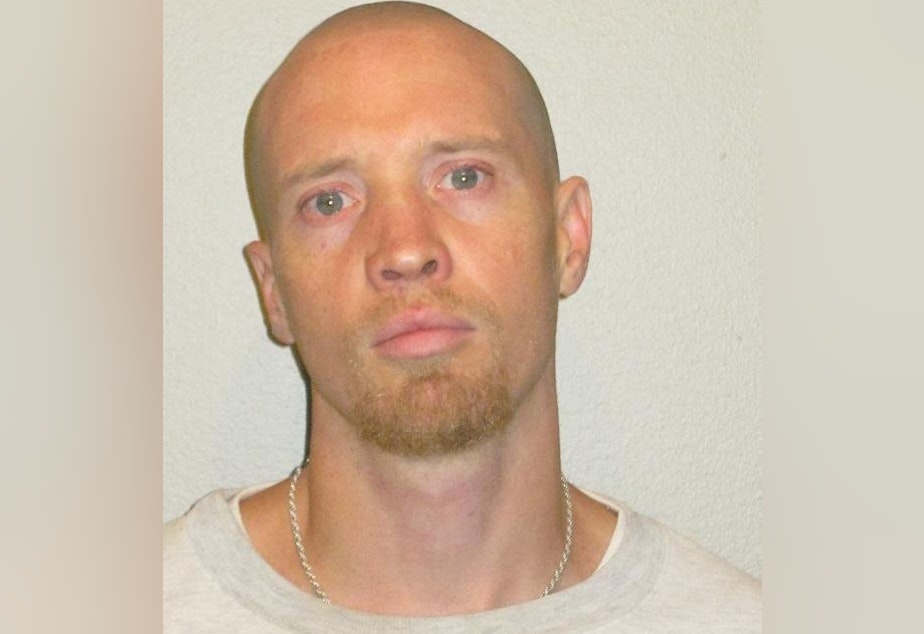Washington Supreme Court strikes down life without parole for juveniles

Life imprisonment of juveniles without the possibility of parole is unconstitutional, the Washington Supreme Court ruled Thursday in a 5-4 decision.
The decision invalidates a state law passed to help Washington comply with a U.S. Supreme Court ruling that mandatory life sentences for juveniles were unconstitutional.
The case involved Brian Bassett, who was 16 years old when his parents kicked him out of their home. He returned and shot them to death and drowned his brother in a bathtub in August 1995.
He was convicted of three counts of aggravated first-degree murder and sentenced in 1996 to life without parole, which the state Supreme Court noted was the mandatory sentence at the time.
The opinion, written by Justice Susan Owens, upholds an appeals court decision and sends the case back to a trial court. The Supreme Court said the trial court could not impose a minimum life sentence to Bassett.
Bassett’s Attorney Eric Lindell says the high courts opinion was a moral, one that takes into account new research about juvenile brain development. “For juveniles life without the possibility of parole that’s unconstitutional. So that can't happen to any juvenile in the future. And any juvenile in the past, that's got a sentence of life in prison without the possibility of parole will now get a new hearing,” Lindell said.
In the dissent, Justice Debra Stephens argued that the majority opinion misinterpreted the federal court ruling and departed from state precedent.
Sponsored
You can read the full ruling here or below.




